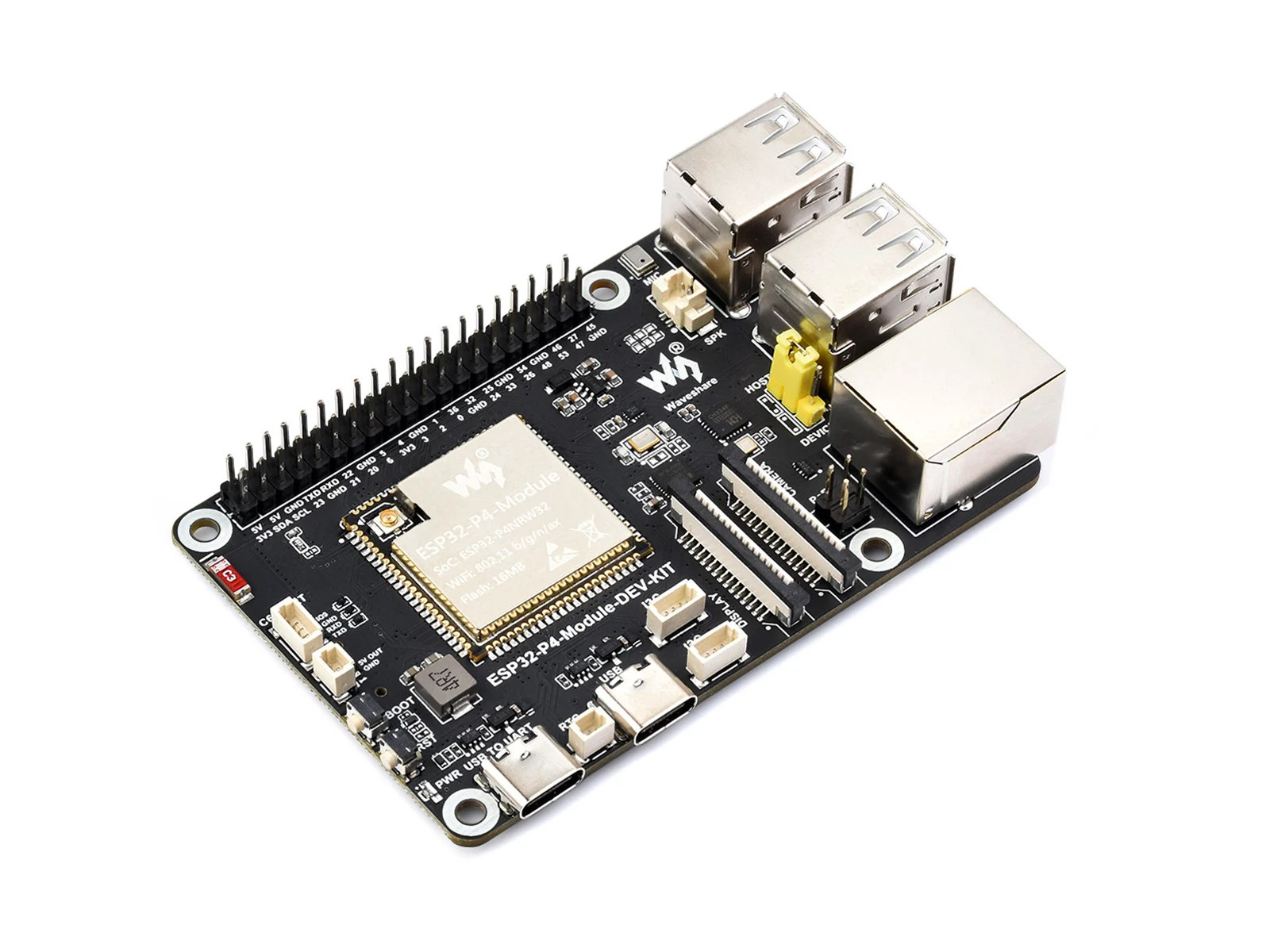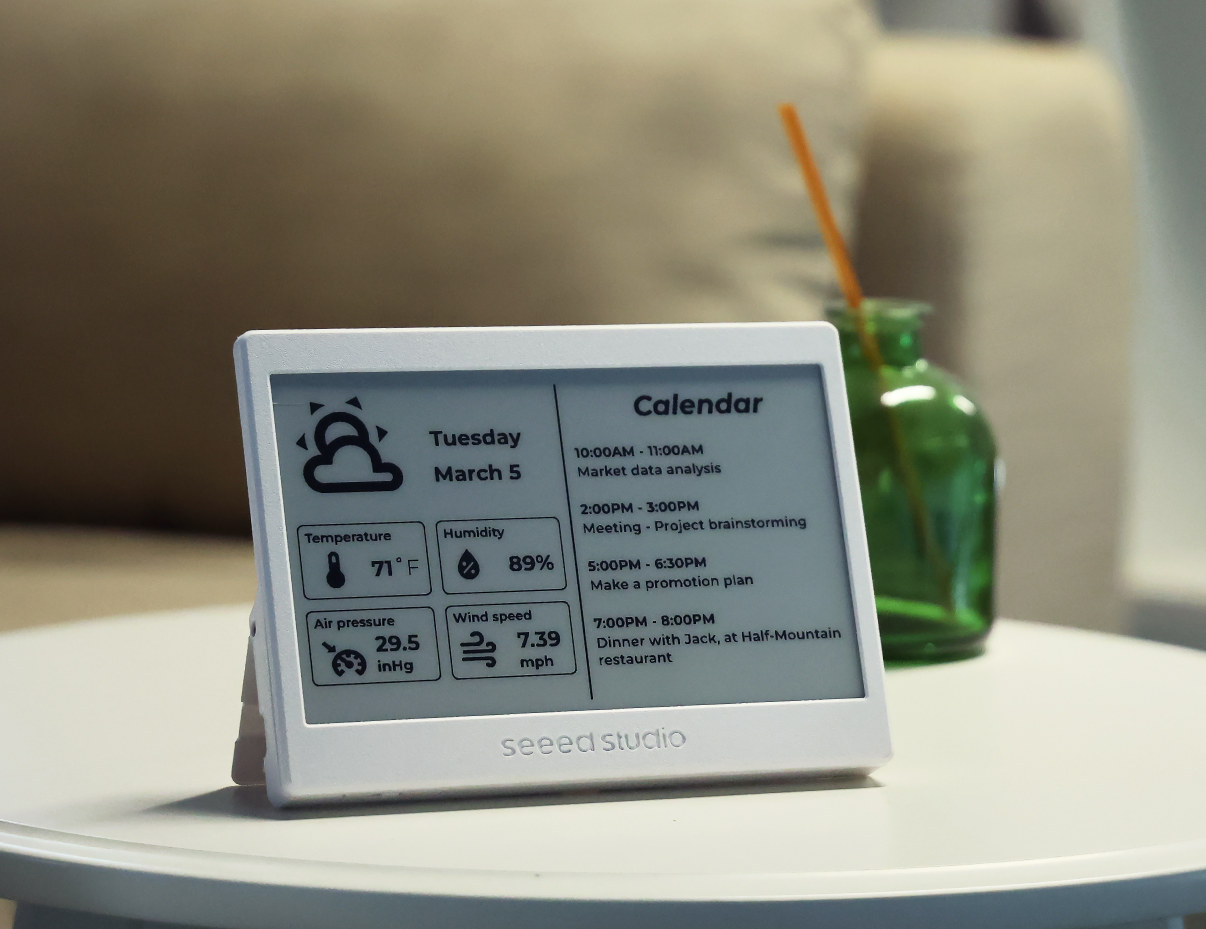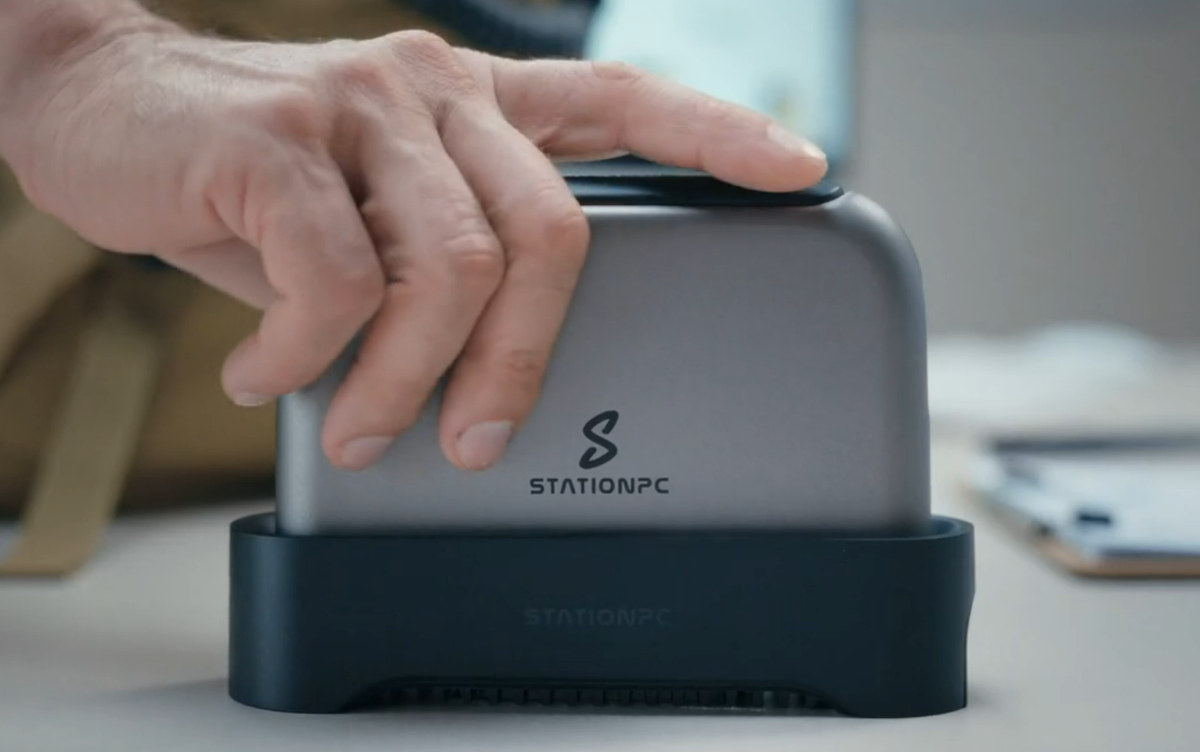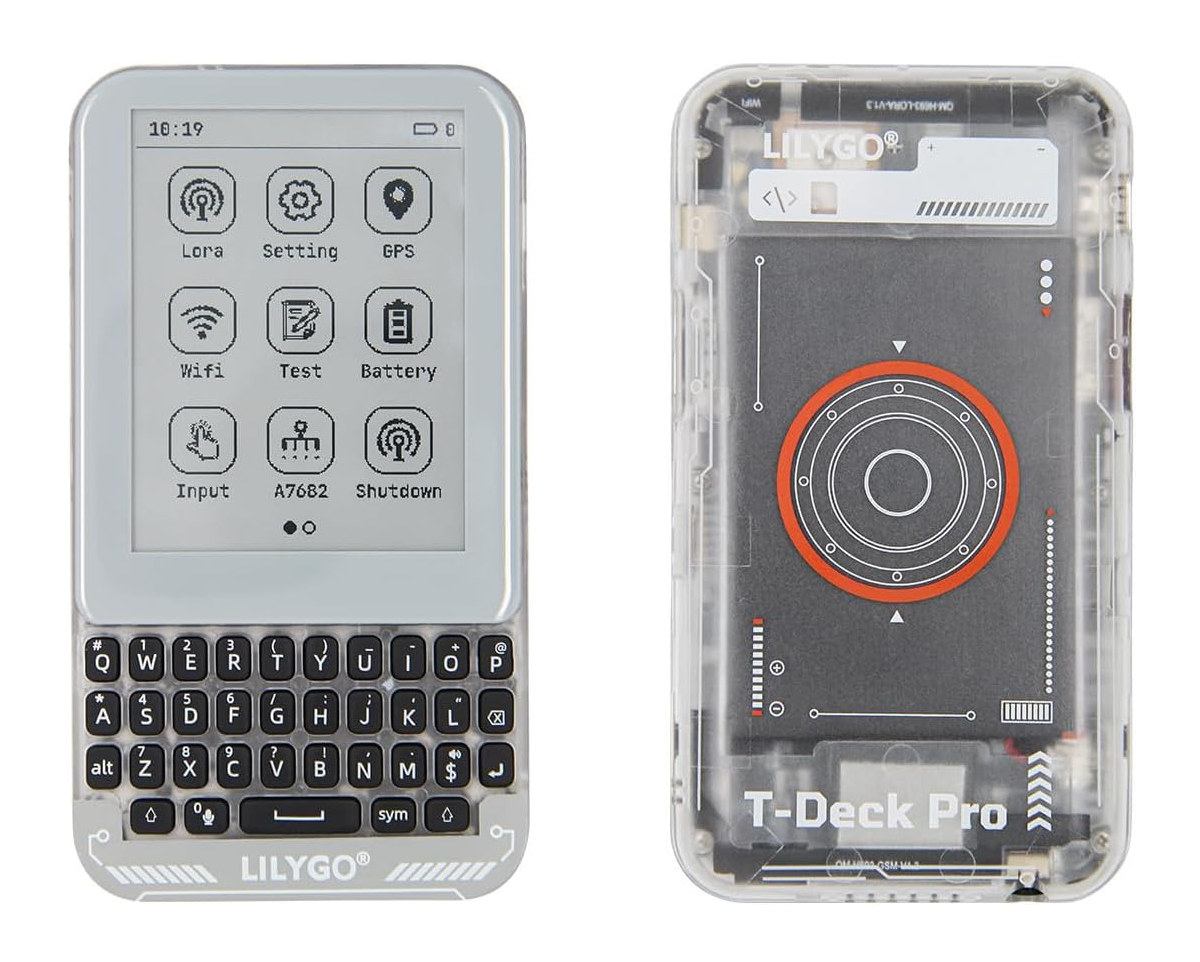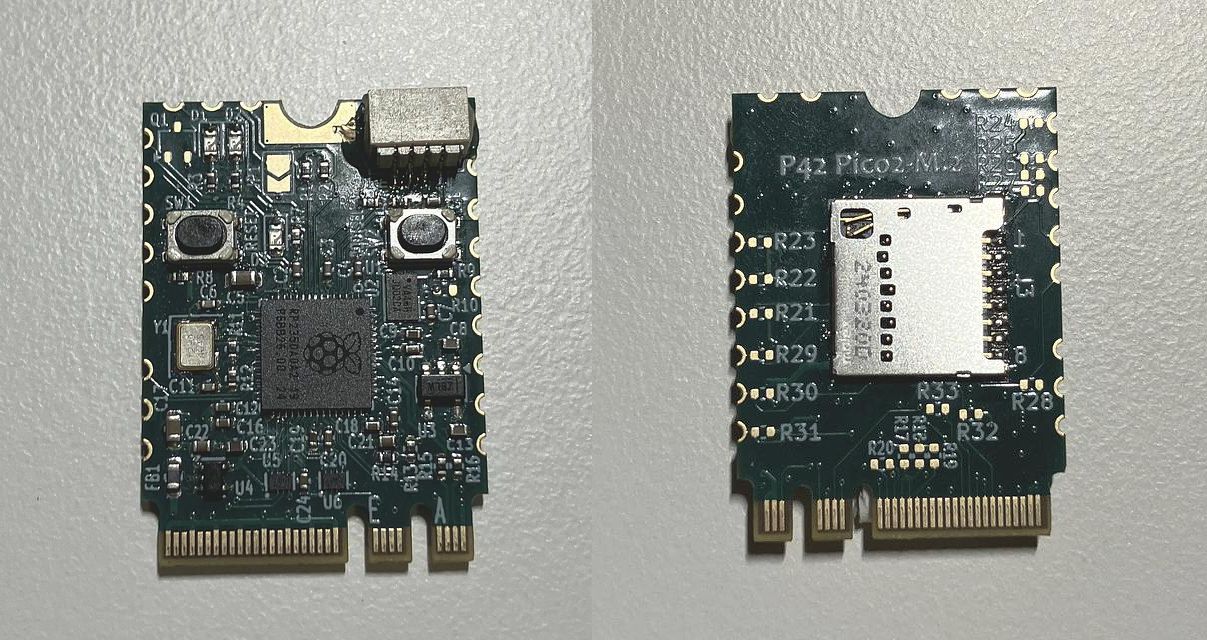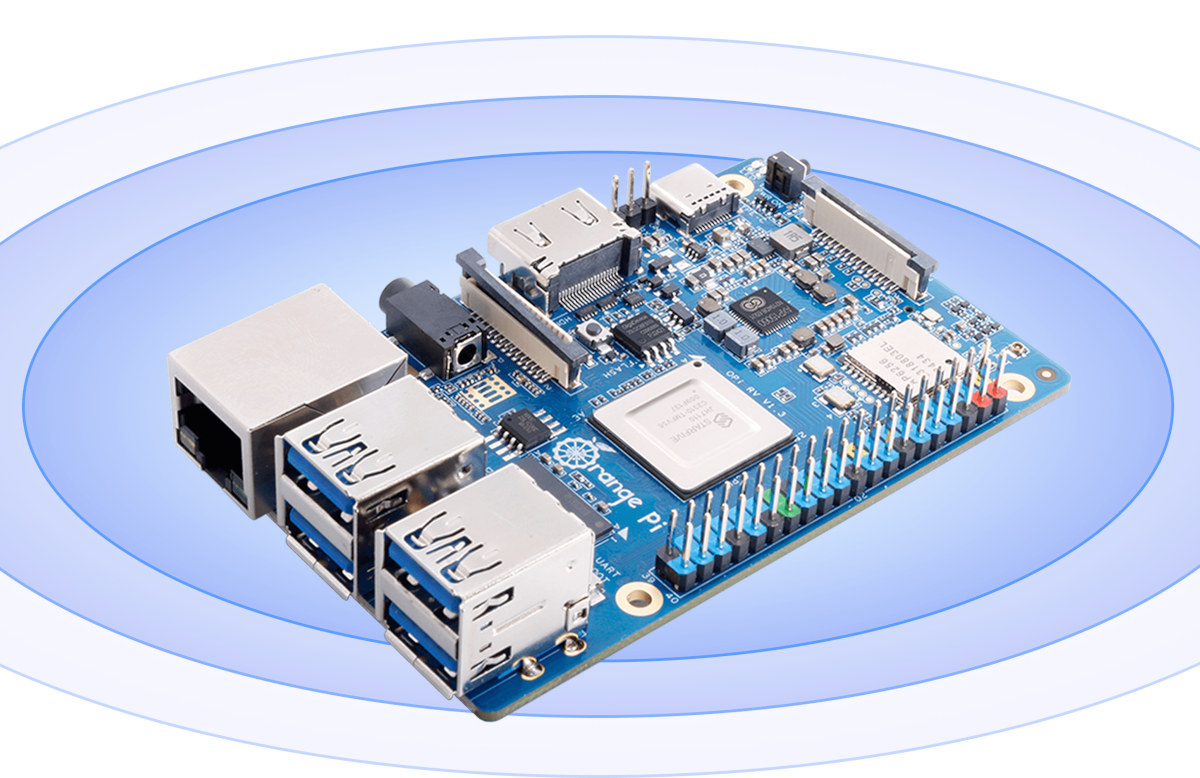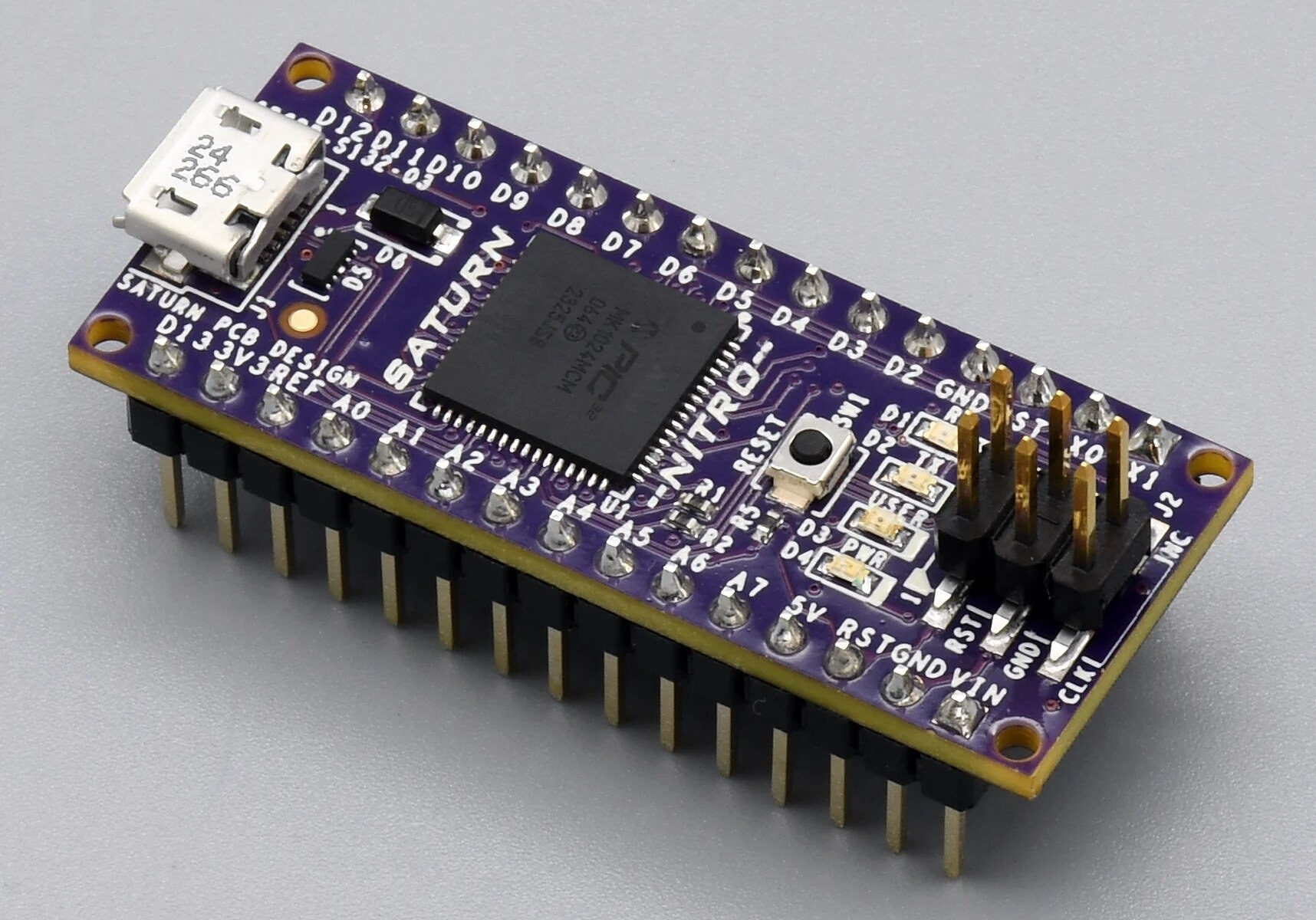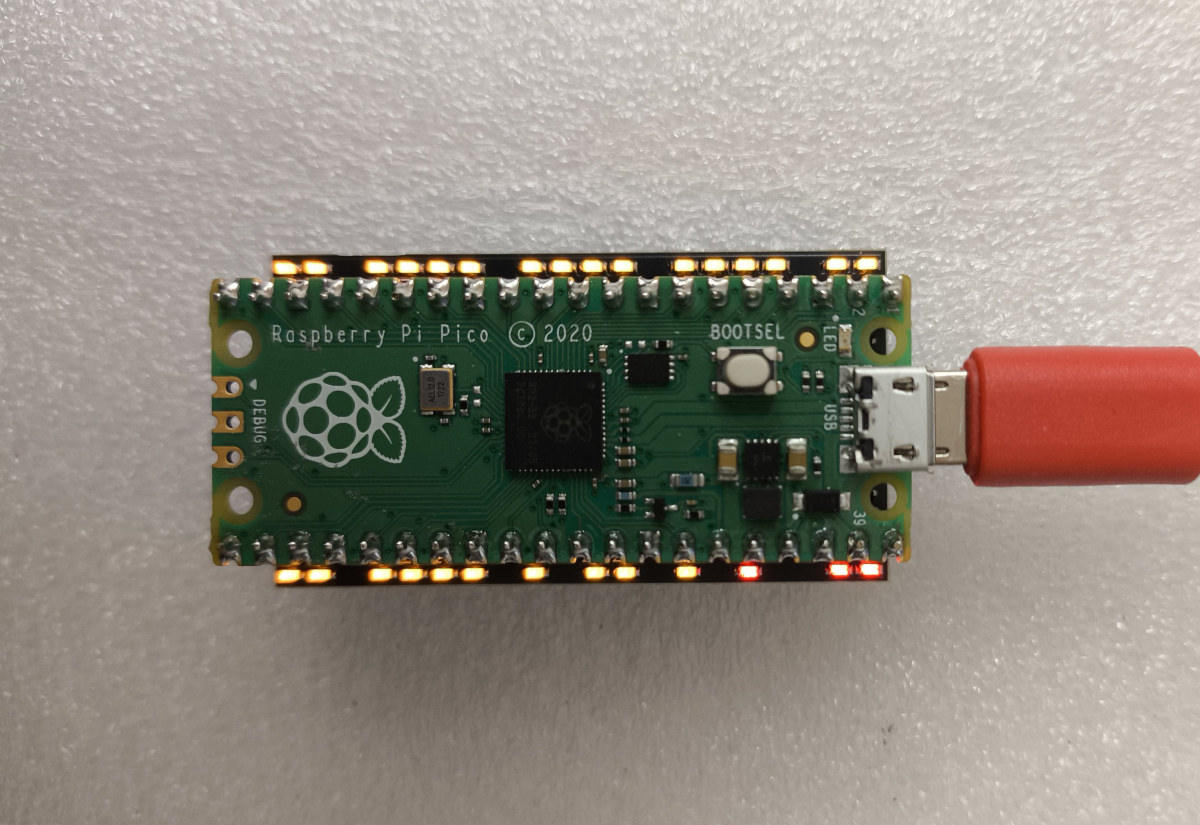ESP32-P4 credit card-sized board features Ethernet, WiFi 6, four USB ports, 40-pin GPIO header, MIPI DSI and CSI connectors
Waveshare ESP32-P4-Module-DEV-KIT credit card-sized board may look like a Linux-powered Raspberry Pi SBC, but instead, it’s based on an “ESP32-P4-Module” comprised of a 400 MHz Espressif ESP32-P4 RISC-V general-purpose microcontroller, an ESP32-C6 “co-processor” for WiFi 6 and Bluetooth 5, and a 16MB SPI NOR flash. Designed for HMI applications, the board offers MIPI DSI and CSI connectors, as well as a 100Mbps Ethernet RJ45 jack, four USB 2.0 ports, a 40-pin GPIO header, and more. It basically integrates the same ports as a Raspberry Pi SBC minus HDMI, but relies on a microcontroller instead of a Linux-capable application processor. Waveshare ESP32-P4-Module-DEV-KIT specifications: ESP32-P4-Module Microcontroller – ESP32-P4NRW32 MCU Dual-core RISC-V microcontroller @ 400 MHz with AI instructions extension and single-precision FPU Single-RISC-V LP (Low-power) MCU core @ up to 40 MHz GPU – 2D Pixel Processing Accelerator (PPA) VPU – H.264 and JPEG codecs support Memory – 768 KB HP L2MEM, […]


